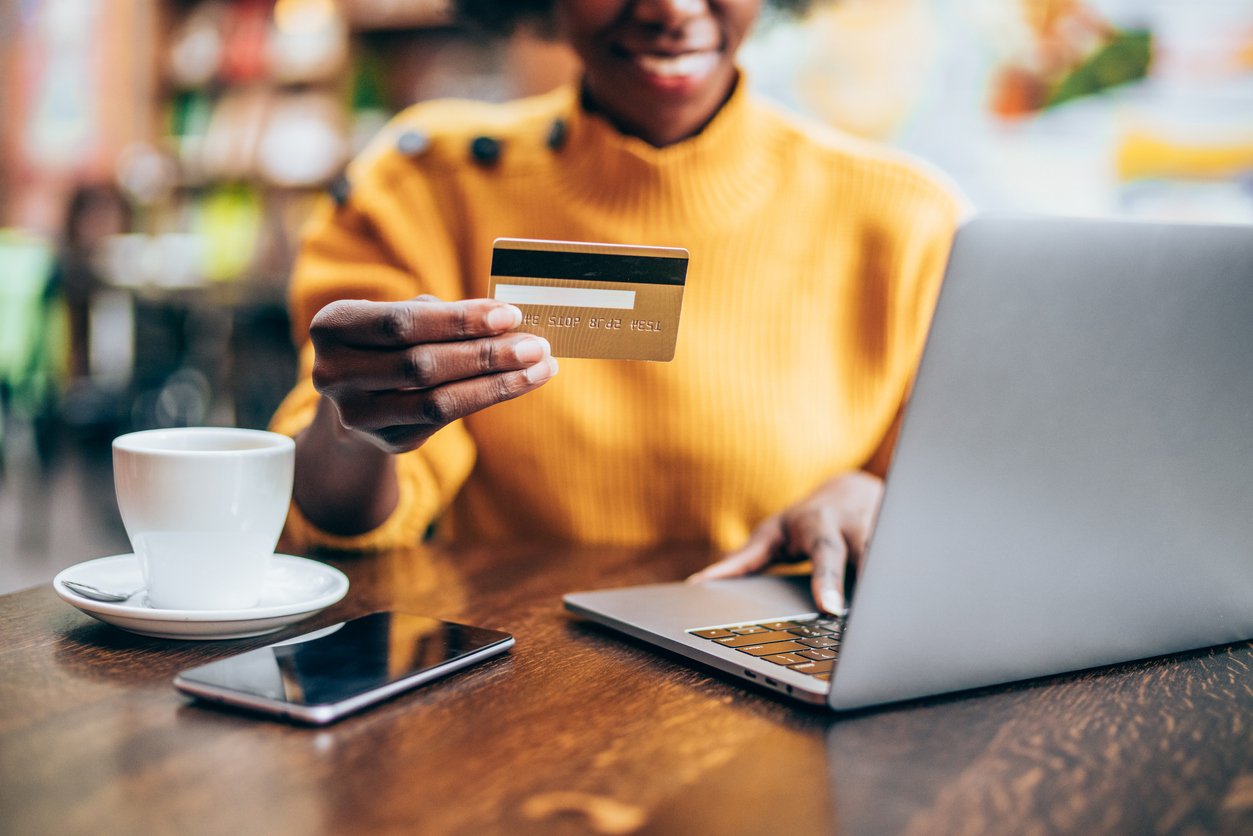Guide to securing personal information
Hey everyone!
Guide to securing personal information

Did you know that protecting your personal information online is more important than ever? In this day and age, we store and share so much of our personal lives on the internet, from social media profiles to online banking. So, how can we ensure that our information stays safe and secure? Here’s a handy guide to help you protect yourself!
Top 15 Tips for Securing Your Personal Information

1. Create strong, unique passwords: Make sure to use a combination of letters, numbers, and special characters.
2. Enable two-factor authentication: This adds an extra layer of security when logging in.
3. Be cautious of phishing emails: Don't click on suspicious links or provide personal information in response to unsolicited emails.
4. Keep your software updated: Regularly update your operating system and applications to ensure you have the latest security patches.
5. Use a reliable antivirus program: Protect your devices from malware and viruses that can compromise your personal information.
6. Be careful when sharing on social media: Double-check your privacy settings and avoid sharing sensitive information publicly.
7. Use secure Wi-Fi networks: Avoid using public Wi-Fi for transactions that involve personal information.
8. Be careful with mobile apps: Only download apps from trusted sources and review the permissions they require.
9. Protect your credit card information: Only provide your credit card details on secure websites that use encryption.
10. Monitor your financial accounts: Regularly review your bank and credit card statements for any unauthorized activity.
11. Use encryption for sensitive messages: If you need to send sensitive information, use encrypted messaging apps or services.
12. Backup your data: Regularly back up your important files to an external hard drive or cloud storage.
13. Be cautious of public computers: Avoid accessing sensitive accounts on public computers, as they may have keyloggers or malware installed.
14. Secure your home network: Change the default password on your router and enable encryption.
15. Educate yourself about current threats: Stay up-to-date with the latest phishing and scam techniques to protect yourself.
By following these tips, you can significantly reduce the risk of your personal information falling into the wrong hands. Remember, online security is a shared responsibility, so let's all do our part to keep ourselves and each other safe!